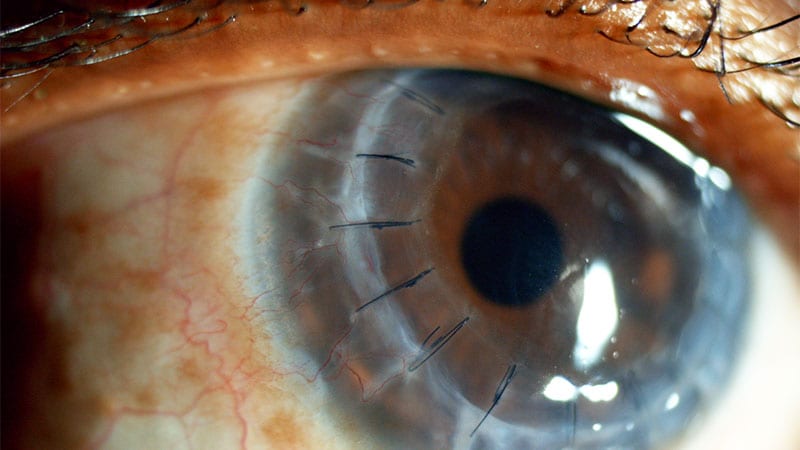Cornea Donation Rules for Gay, Bisexual Men May Change Soon
Core Concepts
Cornea donation guidelines for gay and bisexual men may be revised to reduce exclusionary periods.
Abstract
Eye health advocates are pushing for changes in cornea donation guidelines for gay and bisexual men, similar to the recent reforms in blood donation rules. Dr. David Glasser, representing various organizations, aims to make more gay men eligible as cornea donors. The current guidelines are criticized for being discriminatory and outdated, depriving loved ones of comfort. Despite advances in testing and research showing minimal HIV transmission risk, the FDA remains cautious due to perceived risks and the existing supply of corneal tissue.
- Advocates seek to reduce the 5-year exclusion period for gay and bisexual men as cornea donors.
- Current guidelines are criticized for being discriminatory and outdated.
- The FDA remains cautious about changing donor screening policies.
- Research shows minimal risk of HIV transmission through corneal transplants.
- Demand for corneas is increasing due to aging populations and shortages in other countries.
Customize Summary
Rewrite with AI
Generate Citations
Translate Source
To Another Language
Generate MindMap
from source content
Visit Source
www.medscape.com
Cornea Donation Rules May Ease for Gay, Bisexual Men
Stats
"We think that perhaps it will happen this year," David Glasser, MD, a cornea specialist with the American Academy of Ophthalmology, said of new guidance on the eligibility of cornea donors.
The FDA lowered the deferral period for gay and bisexual men for giving blood from 1 year to 90 days in 2020 before lifting the abstinence requirement this year.
Advocates point out that the ban deprives the loved ones of gay and bisexual men of comfort from knowing that something positive came from their deaths.
Quotes
"We think that perhaps it will happen this year," - David Glasser, MD
"The risk of getting hit by a bus on your way to the post-op visit is greater than the risk of getting HIV from a corneal transplant." - David Glasser, MD
Key Insights Distilled From
by Mary Chris J... at www.medscape.com 05-26-2023
https://www.medscape.com/viewarticle/992485
Deeper Inquiries
What are the potential implications of changing cornea donation guidelines for gay and bisexual men?
Changing cornea donation guidelines for gay and bisexual men could have significant implications. By reducing or eliminating the exclusionary period for these individuals, more healthy corneas could become available for transplantation, potentially saving or improving the vision of many individuals in need. This change would also promote inclusivity and equality in the donation process, allowing loved ones of gay and bisexual donors to find comfort in knowing that their donation made a positive impact. Additionally, updating the guidelines would align with advancements in testing technology, ensuring the safety of cornea transplants while increasing the donor pool.
How can the FDA balance risk assessment with inclusivity in donor screening policies?
The FDA can balance risk assessment with inclusivity in donor screening policies by leveraging data-driven decision-making. By considering scientific evidence and advancements in testing technologies, the FDA can update screening policies to reflect the current understanding of disease transmission risks. This approach allows the FDA to maintain a high standard of safety while also promoting inclusivity and fairness in the donation process. Collaborating with relevant organizations and experts in the field can help the FDA make informed decisions that prioritize both risk assessment and inclusivity in donor screening policies.
How might advancements in testing technology influence future changes in organ donation regulations?
Advancements in testing technology can significantly influence future changes in organ donation regulations by enhancing the accuracy and efficiency of screening processes. For example, nucleic acid testing has revolutionized the detection of HIV, allowing for earlier and more reliable identification of the virus. As testing technologies continue to improve, organ donation regulations may evolve to reflect these advancements. This could lead to shorter exclusionary periods for certain donor groups, increased safety in organ transplantation, and a more inclusive approach to donor screening. By incorporating cutting-edge testing technologies into regulatory frameworks, organ donation regulations can adapt to the latest scientific developments and ensure the safety and efficacy of transplant procedures.
0
